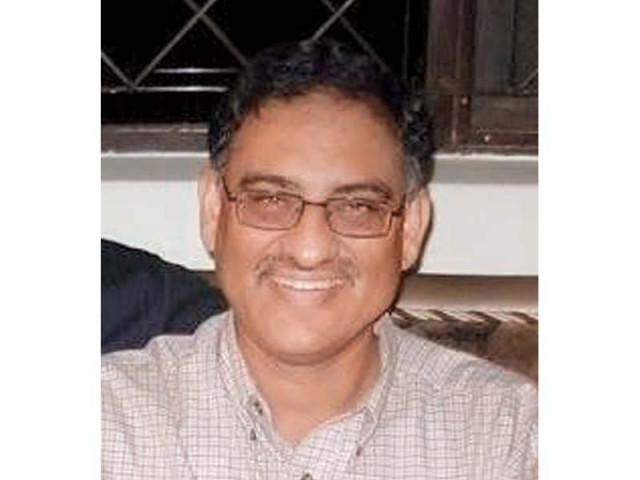‘It is time for women writers in Urdu literature to be given their due recognition’
Experts highlight forgotten legends and reveal surprising facts about the language.

Speaking about contemporary literature, Dr Fatima Hassan said it was time women writers were given their right place in Urdu literature. “Isn’t it true that not many women surface in history of Urdu literature?”
She added that feminist Urdu writers are criticised for being influenced by western authors. “But this was bound to happen. We needed a precedent. Western literature has influenced a lot of other forms of writings as well.”
She then highlighted the barrier in communication between the genders, saying that men often deduce the opposite from what a female writer wants to communicate. Dr Hassan also spoke about Lutfullah Khan, who was an author and collector.
Dr Moinuddin Aqeel, an authority on Urdu’s history then revealed some startling facts about the language - the first set of rules, or syntax, were compiled in 1698. But this was not done by someone from South Asia but a man named Katler from Holland. He said many other foreigners such as Sir William Jones, who founded the Asiatic Society, played a vital role in the language’s progress. “But it was a matter of their need. They wanted to understand the people here and so they compiled the rules and dictionary.”

Another prominent literary figure, Masood Azhar, said Urdu writers and poets cannot excuse themselves from changes taking place elsewhere in the world. “Just like reading books, social media is increasingly being used by people for expressing themselves. We might be behind the West, but we are catching up.”
Dr Muhammad Ayub Sheik spoke about the life and work of Sindhi poet Shamsherul Haideri. “Sindhi literature is incomplete without mentioning Haideri sahib,” he said. Dr Sheik added that Haideri lived a principled life, becoming one of the first Pakistani students to be rusticated for protesting against teachers who didn’t take their classes regularly.
Dr Asif Farrukhi highlighted the works of Krishan Chander in backdrop of the posthumous fame of Saadat Hasan Manto. “In the rush for praising Manto, amid all the noise, everyone forgot Krishan Chander who has his own special place as a story writer.” Drawing a comparison between Chander, Manto and Ismat Chughtai, he said all of them saw deterioration in their writings with time. “But Manto’s early death helped save him from the downfall that Chander had to face.”
Artist Arshad Mehmood shared his thoughts on Mehdi Hassan and said the ghazal maestro never gave producers problems because of his ability to adopt tunes quickly. “He was very good at getting used to different tunes. But he is popular because of his sweet voice.”
Published in The Express Tribune, December 8th, 2012.



















COMMENTS
Comments are moderated and generally will be posted if they are on-topic and not abusive.
For more information, please see our Comments FAQ